8 weeks pregnant: Baby Size, Symptoms, Foods to Eat, Pregnancy Tips
First Trimester
Your baby is now the size of a kidney bean.
Baby grows
Highlights
Head, shoulders… fingers, toes!
Your baby’s padded feet and hands start sprouting tender fingers and toes.
Time For Bra-Shopping
As your body starts preparing for upcoming breastfeeding duties, now’s the right time to buy those good-fitting maternity bras.
Pregnancy Milestone
At week 8,you’re at the end of your second month!
Your Baby’s Development
Week 8
Baby’s Growth

How Big is Your Baby?
The baby is growing fast with the formation of tiny eyelids, button nose, fingers and toes. This week, your baby’s embryonic tail disappears and the development leads to fetus form. Now, your little buddy takes a human-like form and gets ready to charm you in approximately 32 weeks.
All the organs, nerves & muscles begin to function; eyelids develop to cover the eyes and the webbed appearance of the feet slowly changes. Your little one develops taste buds this week.

Weight
1 g

Length
1.6 cm

size of kidney bean
Mother’s Changing Body
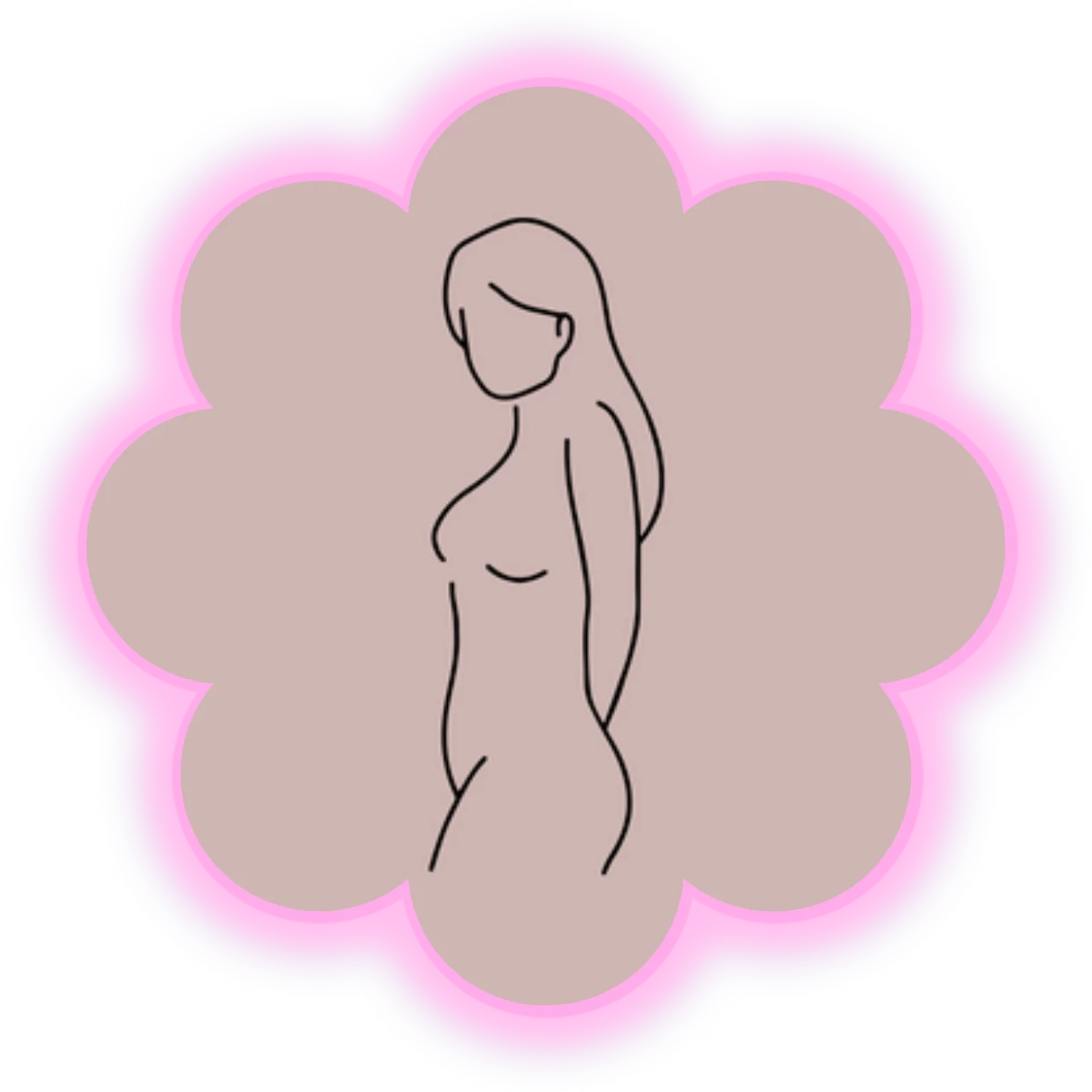
What to Expect?
Although there is no visible bump, your uterus has increased twice its original size and presses down the urinary bladder to cause frequent urination.
By now, your breasts may have increased in size and require bigger bras to provide support. Morning sickness and fatigue might exhaust you, so listen to your body and get enough rest to revive your body and mind.
Good to know!
Pregnancy Symptoms
This week, most pregnant women experience
Strong morning sickness
A condition that prevails all day and night including nausea, vomiting, headache and fatigue which are more common in the eighth week.
Abdominal bloating
Pregnancy-related hormonal changes leave you feeling bloated.
According to some experts, morning sickness is a sign of a baby’s good health and usually disappears at the end of the first trimester (Week 13).
Your baby's form
Pregnancy Tips

- Add more fibre-rich food to your diet to fight constipation. Consumption of fruits fights both morning sickness and constipation as it improves digestion.
- Try to eat often but little at a time. This will keep your food craving, nausea and vomiting under control.
- If you experience severe morning sickness, it is necessary to consult your gynaecologist









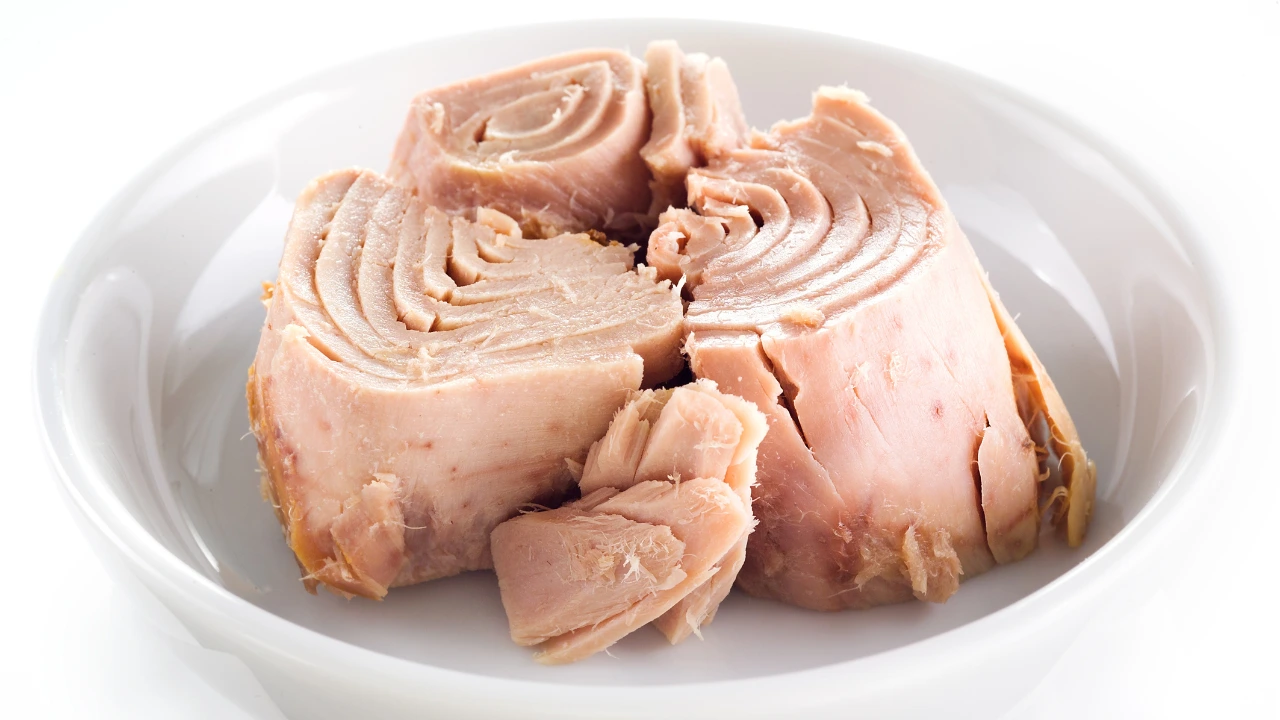
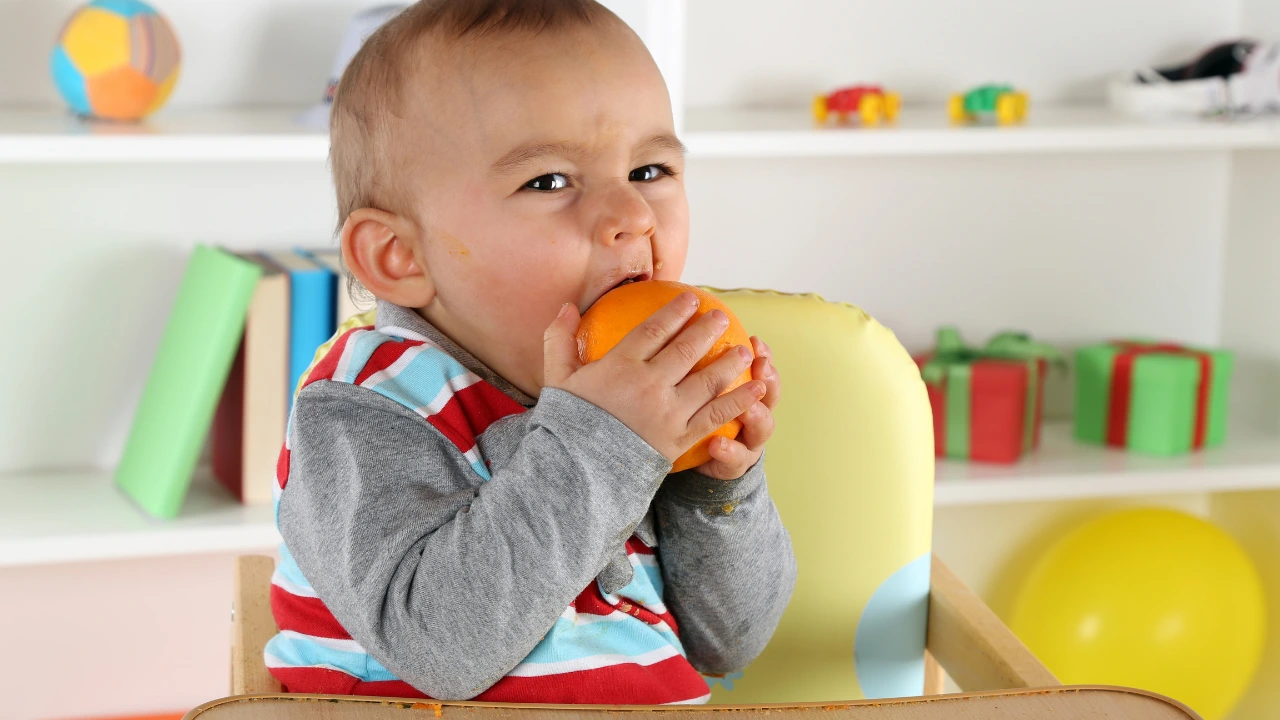
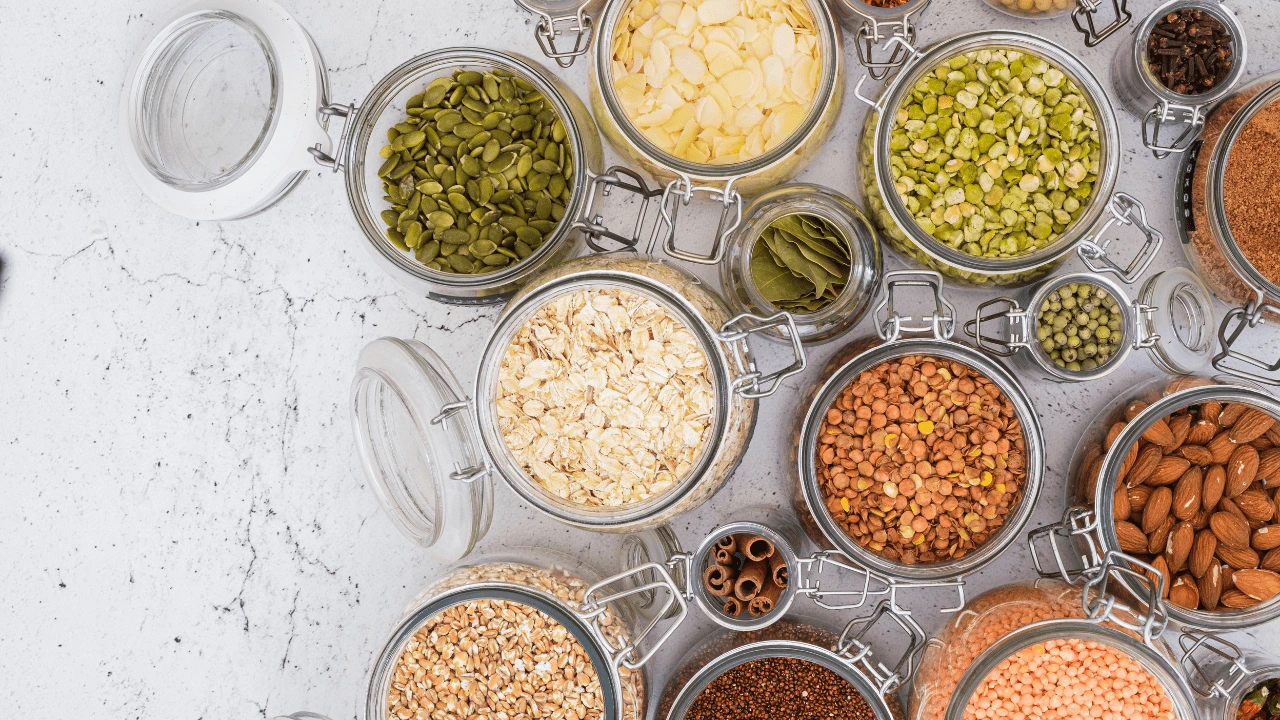
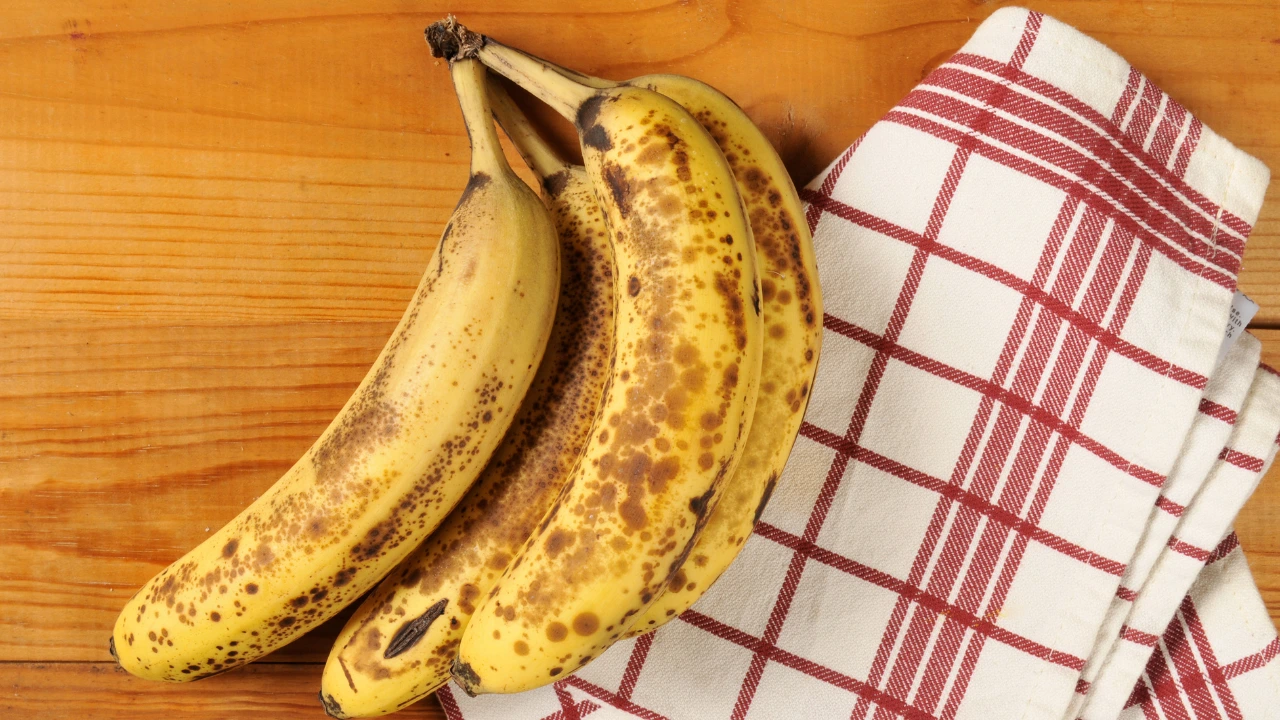
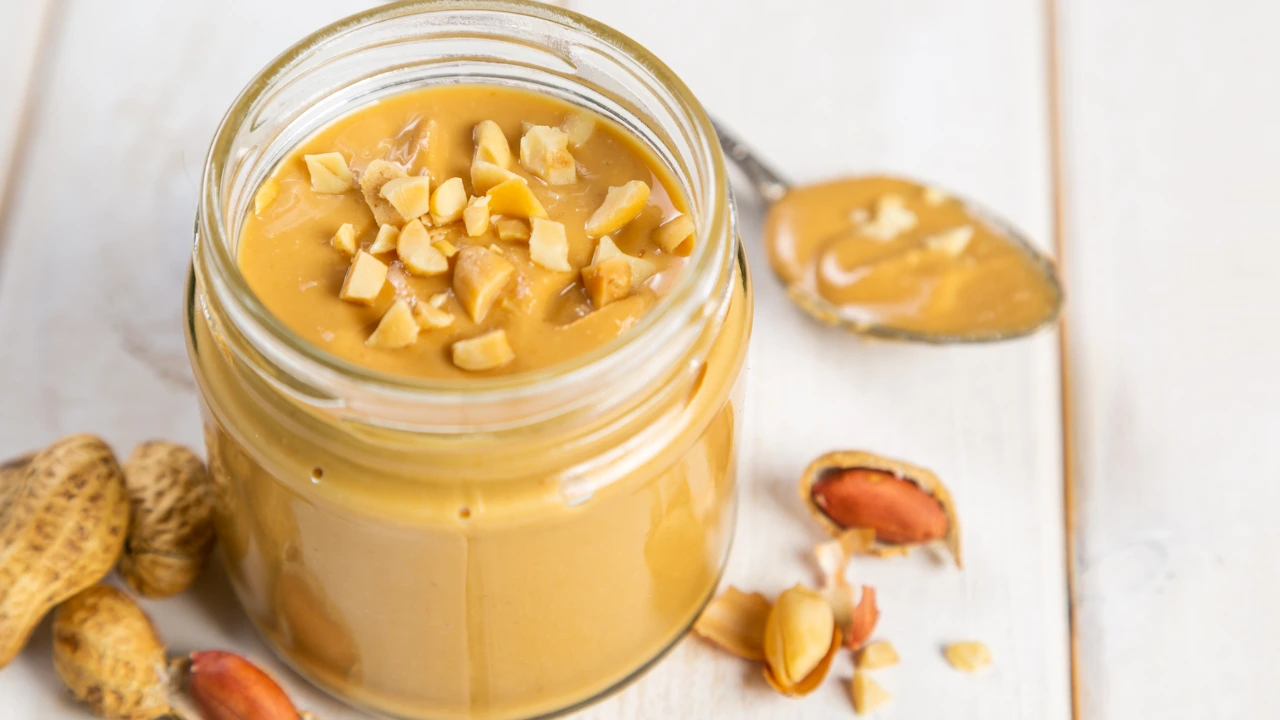


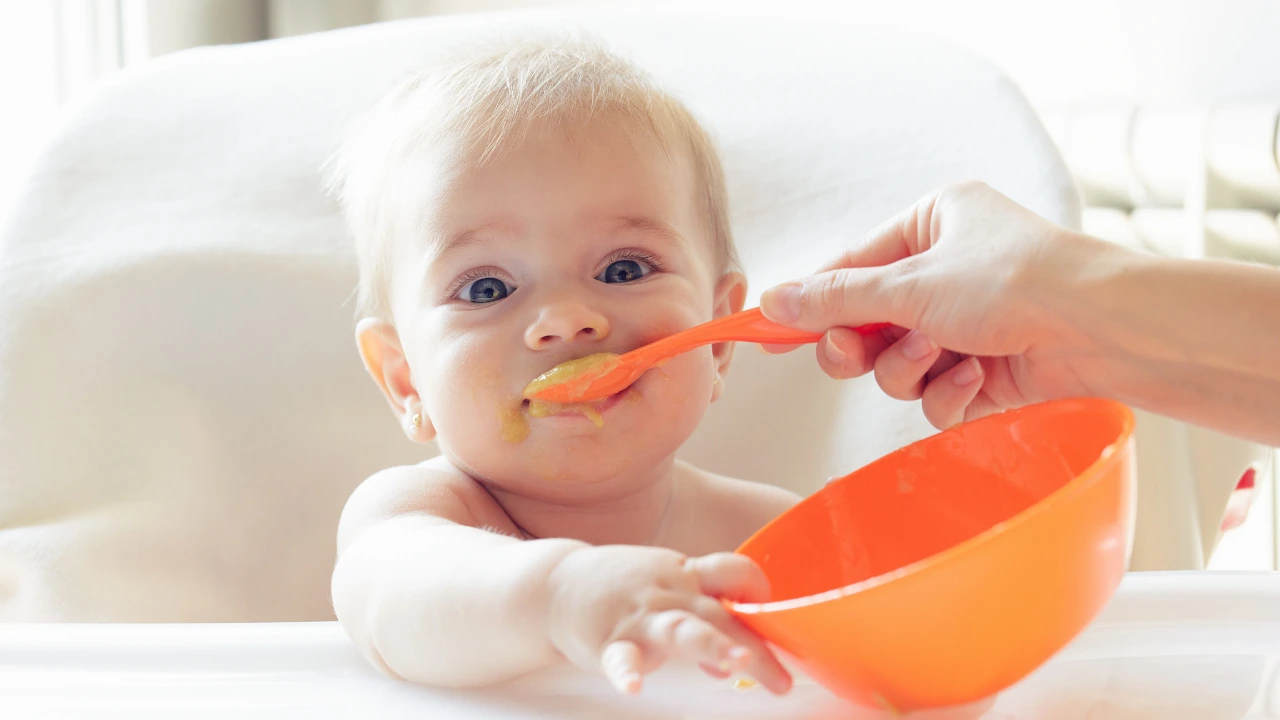
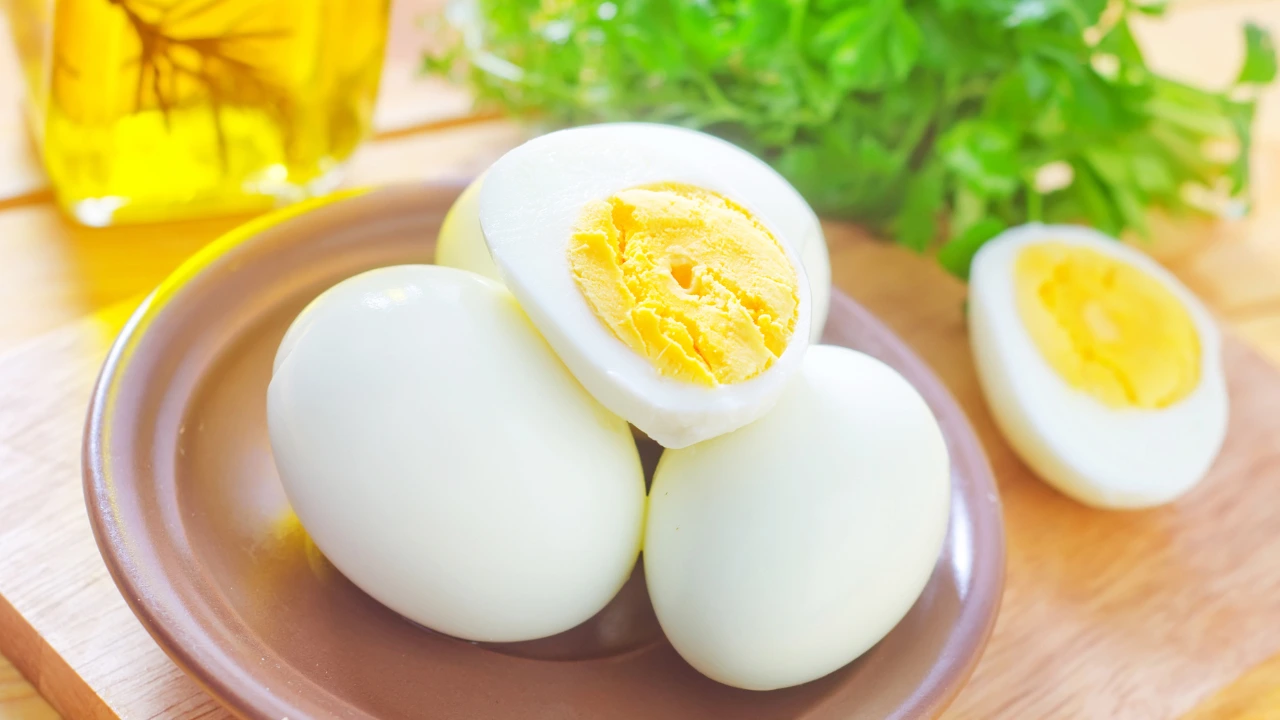
Add a Comment